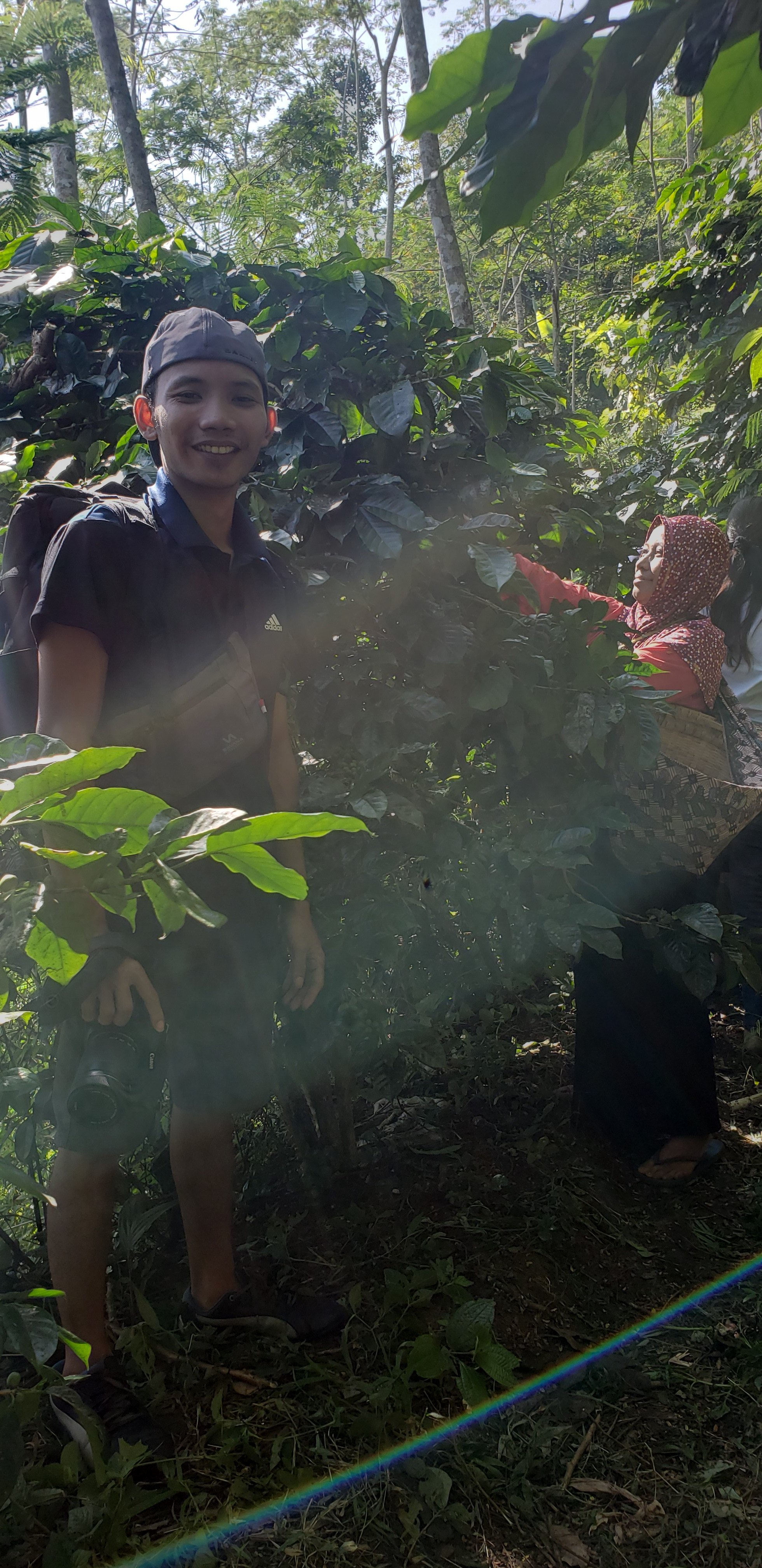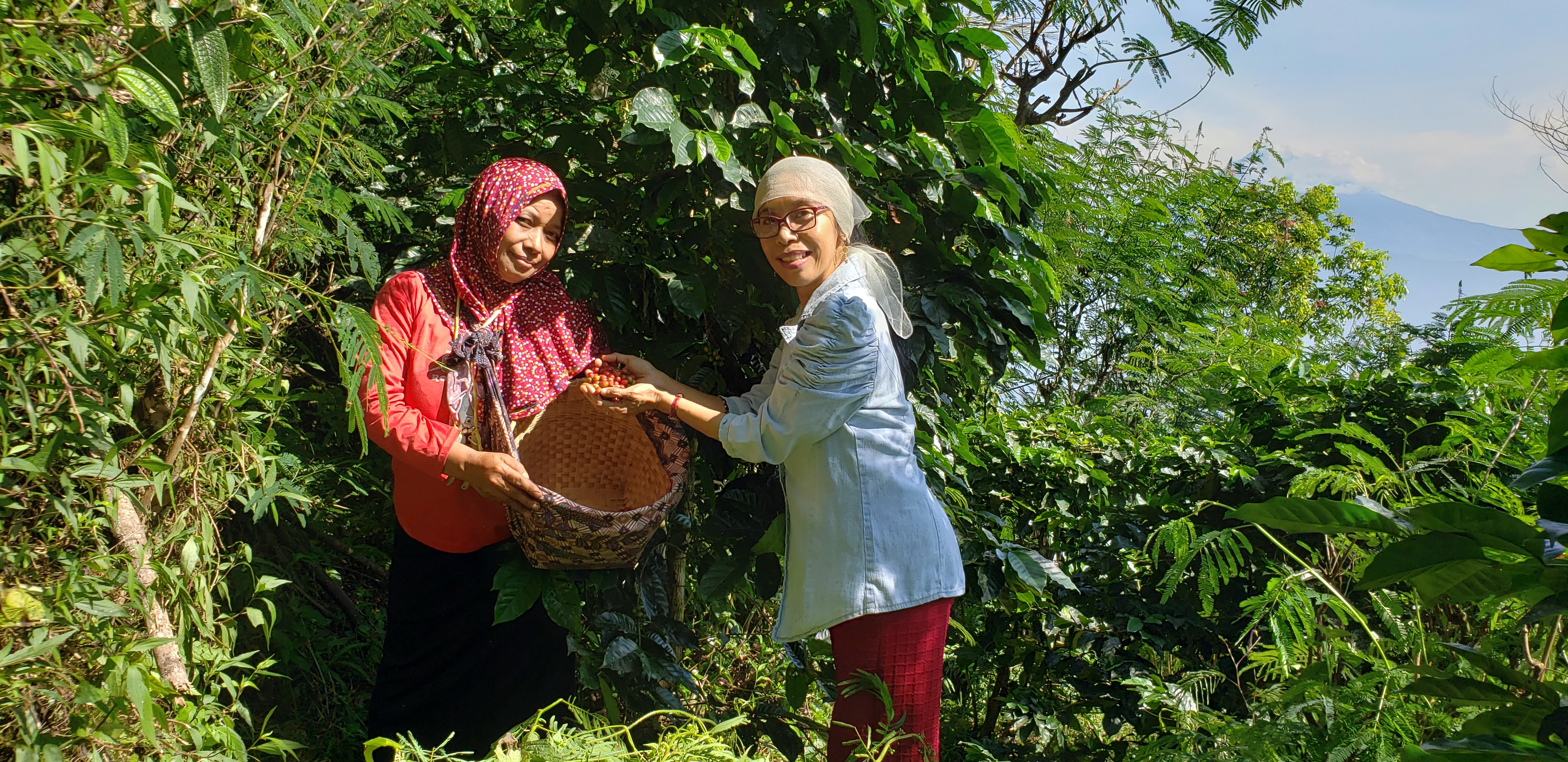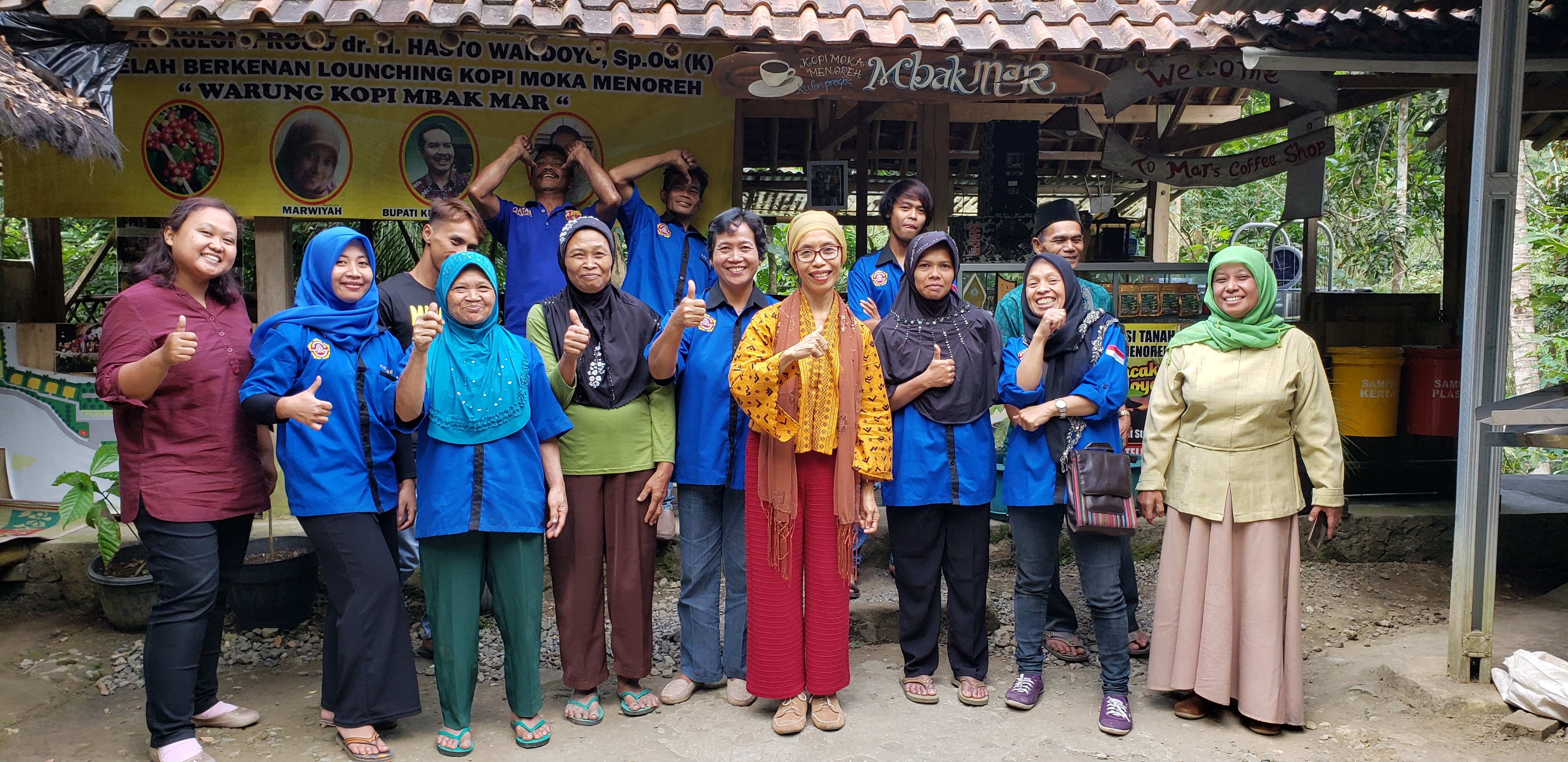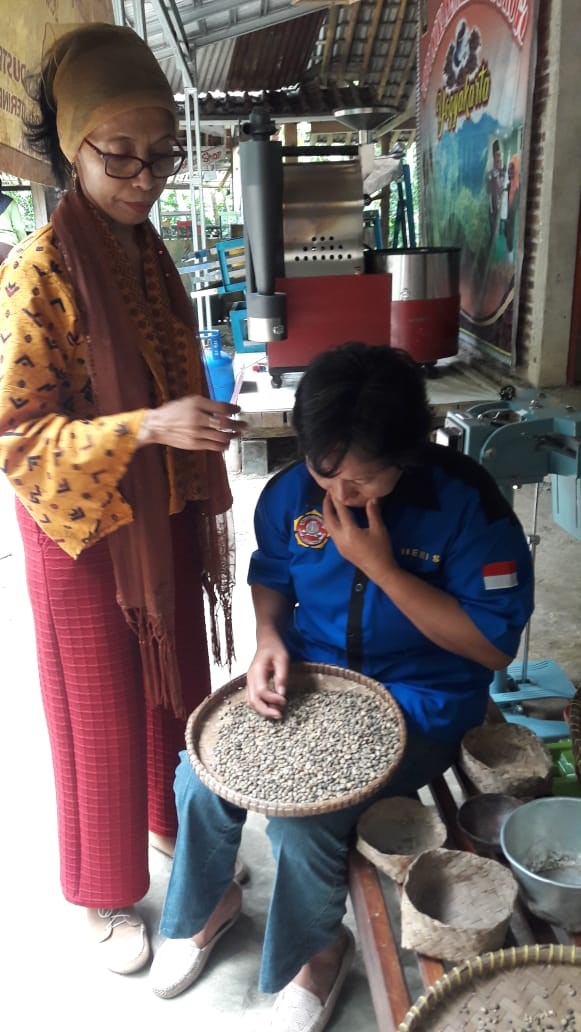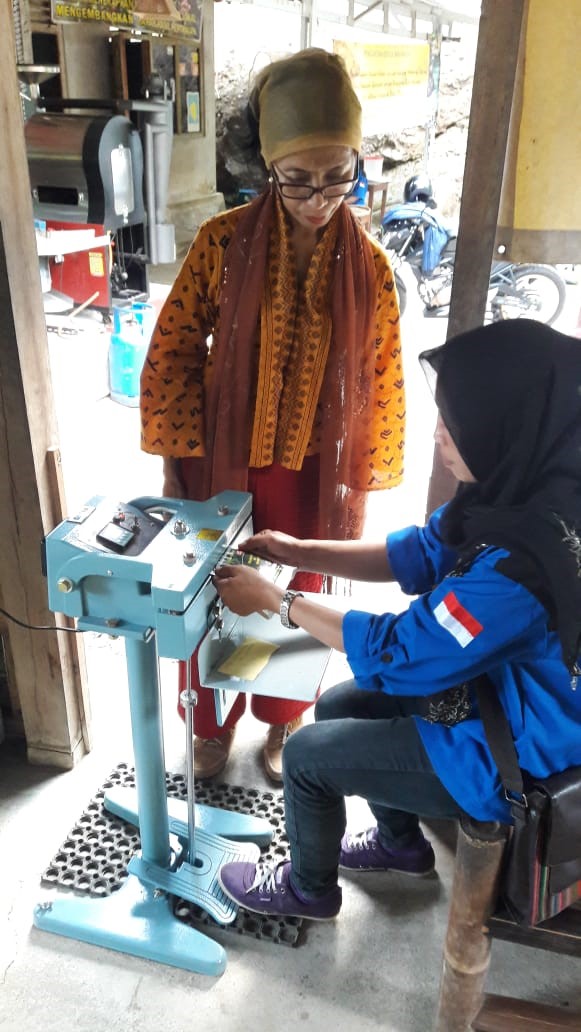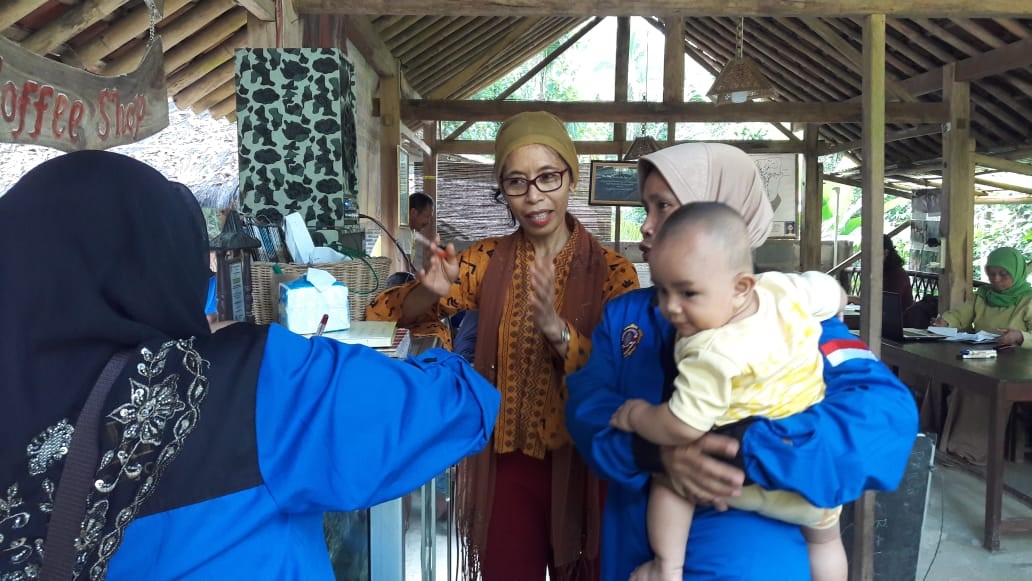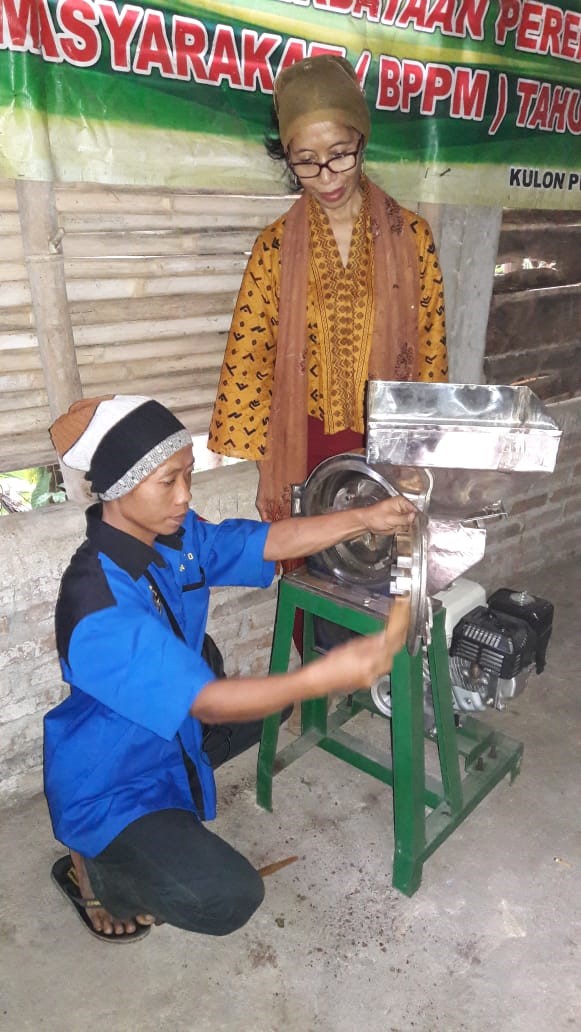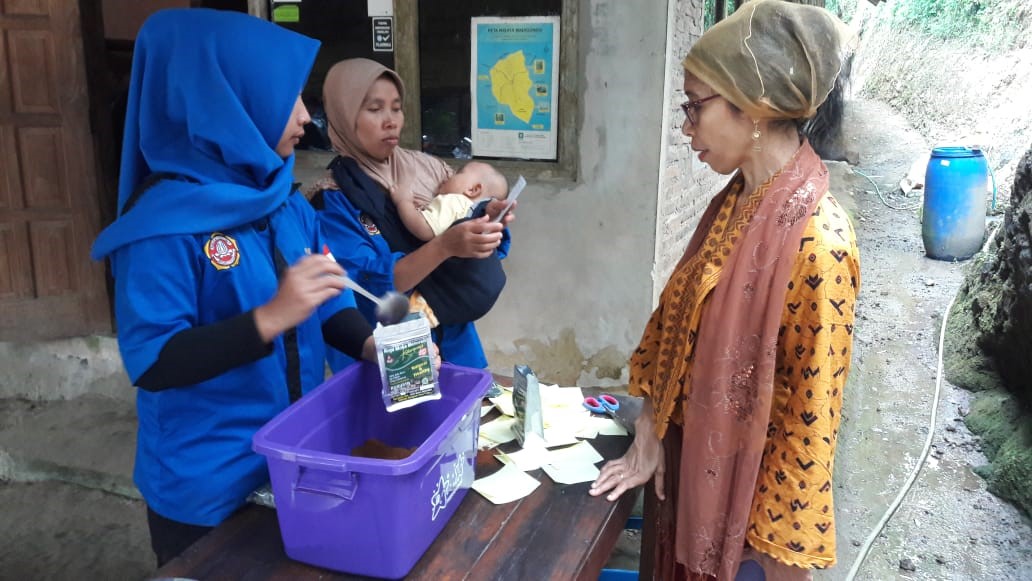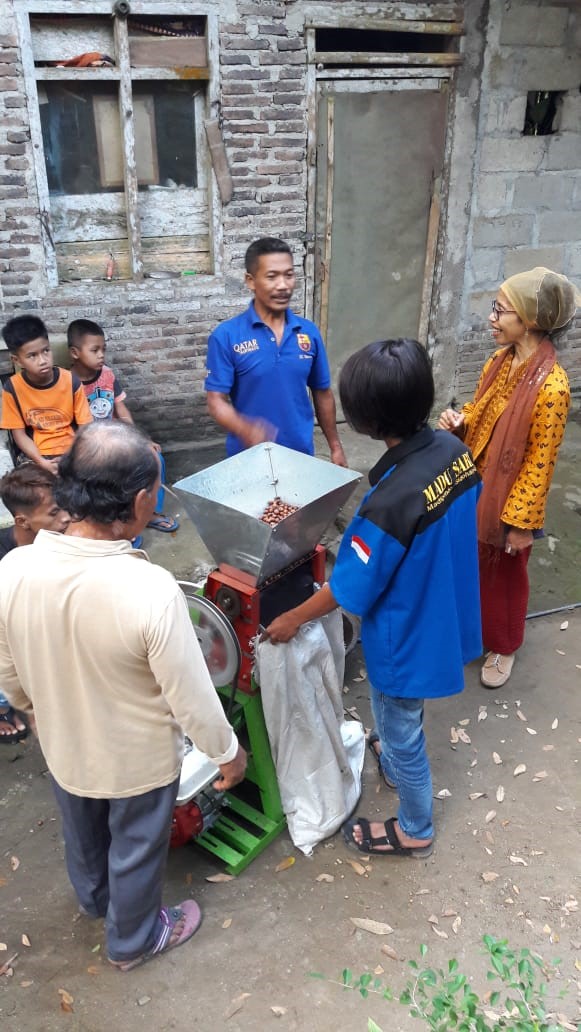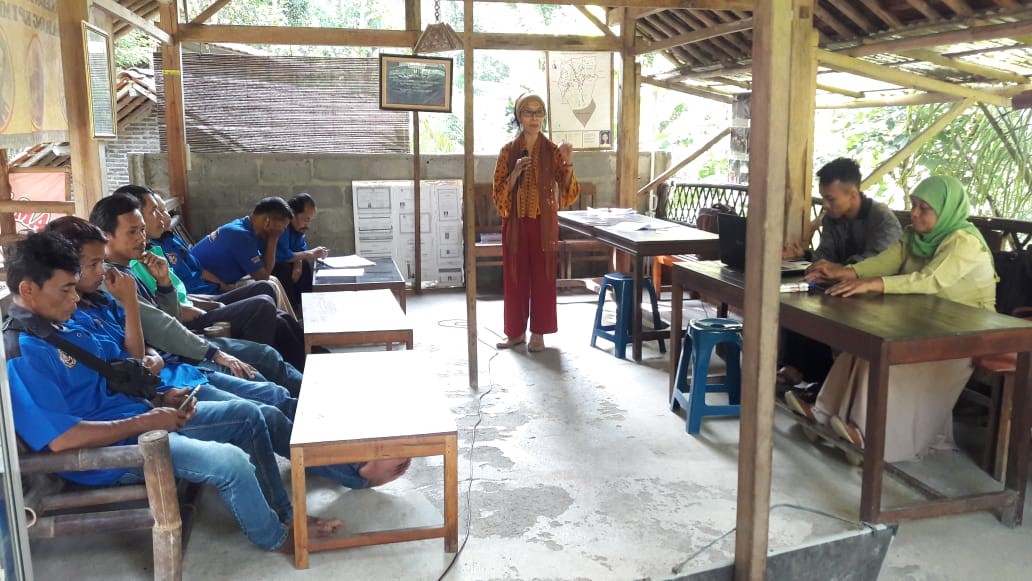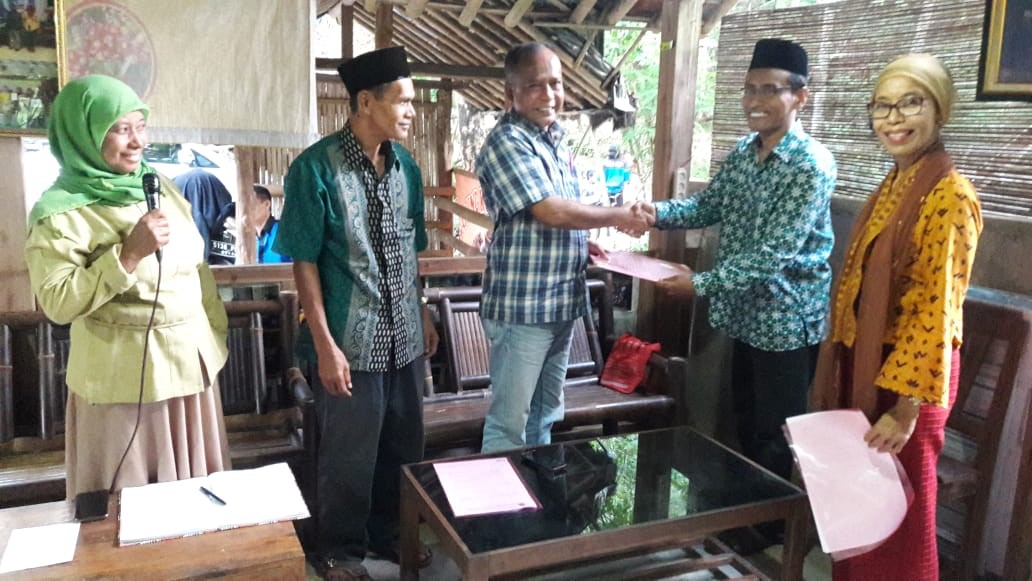A Letter from Farsijana Adeney-Risakotta, serving in Indonesia
June 2019
Write to Bernie Adeney-Risakotta (or baryogya@gmail.com) to Farsijana Adeney-Risakotta
Individuals: Give to E200303 for Bernie and Farsijana Adeney-Risakotta’s sending and support
Congregations: Give to D506007 for Bernie and Farsijana Adeney-Risakotta’s sending and support
Churches are asked to send donations through your congregation’s normal receiving site (this is usually your presbytery)
Subscribe to our co-worker letters
Dear Family, Friends and Colleagues,
We are now in the month of Ramadan, when Indonesian Muslims fast from all food and water from approximately 3:30 a.m. until 6 p.m. I decided to fast this year along with my Muslim friends and colleagues because of my great concern for our beloved nation of Indonesia. I call it puasa bangsa, Fasting for the Nation. In April, Indonesia held momentous democratic elections: the people re-elected Joko Widodo (Jokowi) to a second five-year term as president. Quick count surveys accurately called the election within hours, but the official full count was only announced May 21. The election dramatized a polarization in Indonesian society between conservative, middle-class Muslims who want Indonesia to become more pious and Islamic, and the majority of Muslims and non-Muslims who are committed to a tolerant and diverse society.
Jokowi’s opponent, Prabowo Subianto Djojohadikusumo, is a former general and son-in-law to the strong-arm dictator President Soeharto, who was forced out of office in 1998. Twenty-one years ago, the people demanded democracy, defense of human rights and an end to corruption. Prabowo is a populist leader with fiery rhetoric who allies himself with Muslim conservatives and whips up fears of foreigners and non-Muslims. In contrast, Jokowi is a tolerant Muslim leader who is committed to defending Indonesia’s religious pluralism. Although Jokowi won the election by a substantial margin (55.5% to 44.5%), Prabowo has refused to accept the election results, claiming fraud. After Jokowi was officially announced the winner, thousands of Prabowo’s followers flooded the capital city, rioting and burning. The government quelled the riots and arrested many people. They even put a ban on some social media that was used to spread fake news and stir up hatred and fear. Prabowo has appealed the results of the election to the Constitutional Court, and no one knows what will happen next.
During my fasting, I am praying that Indonesia will not descend into violence. My earlier Ph.D. research was on the mass violence that occurred in the North Moluccas after the fall of Soeharto. Now, with social media, the divisions seem even bigger. People speak vulgarly and publicly to criticize those whose political or religious orientations are different. Hate speech and fake news have become common. I am fasting from social media as well as from food to help me focus on building relationships face to face.
Wherever there is hate, we are called to love and respect, even our enemies. Jesus says, “Happy are the peacemakers, for they will be called the children of God” (Matthew 5:9).
Today is Ascension Day, celebrating the rise of Christ into heaven. In Indonesia, it is a national holiday, and Christians all gather to celebrate Christ’s ascension. At our church, at the beginning of the service an elder released balloons as a sign of the resurrection. Ascension Day is not the only religious holiday that is celebrated during the fasting month this year. On May 19, we had Waisak, a national holiday to celebrate the life, death and enlightenment of the Buddha. Buddhists from many countries gathered at Borobodur, the 9th Century temple near our home. On June 1, we celebrated the birth of Pancasila, Indonesia’s national ideology and the foundation for the constitution. The first principle of Pancasila is the Great Unity of Deity. Although there are many religions, there is only one God who is over us all. Indonesia is proud to have the largest Muslim population in the world; however, Pancasila protects the legal rights of all religious communities and ensures that Indonesia is neither a mono-religious (Islamic) state nor a secular state.Muslims will end the fasting month by celebrating Idul Fitri (eid ul fitr), which is the largest holiday of the year in Indonesia. Indonesian Muslims celebrate it as a time of forgiveness and the rebirth of new inner life. On Idul Fitri, families and neighbors gather to ask forgiveness for their inner hidden sins as well as their outer obvious faults (Mohon maaf lahir dan bathin). People celebrate for more than a week, and everyone returns to their home village. Most people receive an extra month’s salary, and even non-Muslims celebrate and visit their Muslim friends and family. Roads and all forms of transportation are packed. This year we hope that Idul Fitri will help unite Indonesia again after a polarizing election.
In spite of our current crisis, there continue to be many signs of hope (see Bernie’s new book, Living in a Sacred Cosmos: Indonesia and the Future of Islam). One sign of hope is our friend Benny Susanto, a lecturer and head of a Muslim school who is involved in programs that link our Christian university with the needs of villagers who are poor. Benny says it is urgent for academics to work with the broader society to help us face our common problems. He emphasizes that interfaith understanding should be integrated into all education. He partners with our foundation and co-op, the House of Authentic Sense (HAS), as well as with the university’s Center for Study of Development and Social Transformation (CDST). Benny was recently elected head of HAS. He stresses that interfaith learning is not just about words; it takes place whenever Muslims and Christians work together for the good of all.
Another sign of hope took place when Muslim and Christian farmers from our co-op gathered at Ms. Marwiyah’s coffee house to share the ritual of breaking the fast together at sunset. Marwiyah and other farmers from her village grow and roast their own coffee beans. Their village was selected as a focal point for our program to help villagers respond to globalization. The farmers also practice traditional Javanese arts. They are developing new traditional dances that relate to coffee production and have received a gift of gamelan and other instruments for developing their art.
Gifts by themselves do not make farmers self-sufficient. They need training and encouragement to own the process and control the quality of the product. The Bank of Indonesia gave the villagers several machines for processing coffee, but they sat unused. On May 24, Marwiyah and I led a workshop on how to operate the machines. Marwiyah explained how to use the machines and then divided members into seven groups. Each group managed a different aspect of production and quality control. For example, in the evaluation process, one member said that she learned how important it is to keep her hands clean and wear a mask in the process of grinding and packaging the coffee. Participants learned about hygiene in the drying process and why soap should not be used in cleaning the machines. The workshop closed with a religious reflection. Benny shared that quality control isn’t only important for making coffee. It can also teach us to serve hygienic food to our families. Most importantly, it is needed for guarding good relationships within society, including across religious differences.
In the largest Muslim country in the world, the church is alive and thriving, in part because Indonesians have a long tradition of religious tolerance. But we need quality control to protect that tradition. Working for reconciliation, justice and peace is our witness to the Good News of the love of God in Christ Jesus. Please pray for us and the people of Indonesia. If you can, support our work through a donation to the Presbyterian Church (U.S.A.). Thanks so much to those individuals and churches who support us regularly. Your commitment makes our work possible.
Salam hangat (Warm peace),
Farsijana (and Bernie) Adeney-Risakotta
P.S. Bernie is now officially retired, but we still work as a team in Indonesia.
![]() You may freely reuse and distribute this article in its entirety for non-commercial purposes in any medium. Please include author attribution, photography credits, and a link to the original article. This work is licensed under a Creative Commons Attribution-NonCommercial-NoDeratives 4.0 International License.
You may freely reuse and distribute this article in its entirety for non-commercial purposes in any medium. Please include author attribution, photography credits, and a link to the original article. This work is licensed under a Creative Commons Attribution-NonCommercial-NoDeratives 4.0 International License.
